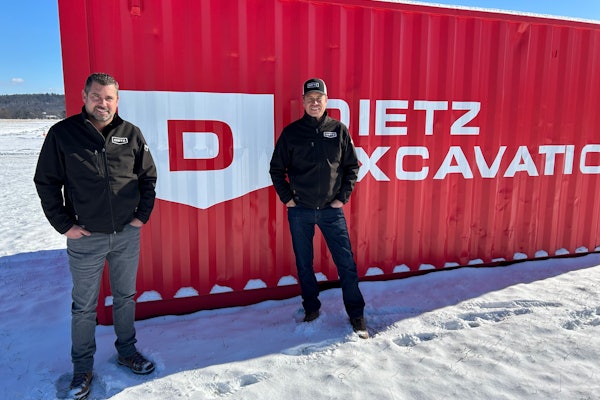In December, the California Air Resources Board unanimously adopted regulations that would require fleet owners operating in the state to begin replacing older trucks or retrofitting them with diesel exhaust filters, beginning in 2011. Under the rules, almost all vehicles covered would be replaced or upgraded by 2014. Owners must also replace engines older than the 2010 model year according to an implementation schedule running from 2012 to 2022.
California ARB also adopted a rule aimed at reducing greenhouse gases, such as carbon dioxide, by requiring long-haul operators of 53-foot box-type trailers to use fuel-efficient tires and aerodynamic trailers as certified by the SmartWay Transport Partnership. The goal is to reduce greenhouse gases by improving fuel economy.
The board, however, deferred a decision on including long-haul tractors in the greenhouse gas reduction mandates. Under the draft regulation released in October, model year 2011 and newer tractors pulling 53-foot box-type trailers would have to be SmartWay certified. But the board was concerned over the lack of a test procedure for tractors, so it directed staff to work with EPA to develop such procedures and to report back by the end of 2009 with an update on a new SmartWay tractor certification and recommendations.
In the final version of the so-called Statewide Truck and Bus Regulation – aimed at reducing particulate matter and oxides of nitrogen – California ARB responded to pleas from business groups about costly regulations in face of a poor economy by delaying implementation for a year; the original proposal would have required fleet owners to begin upgrading equipment in 2010. The board also allowed fleet owners to delay compliance for a year for every older-technology truck they retired.
As for off-road equipment, California ARB will address amendments to the In-Use Off-Road Diesel-Fueled Fleet regulation at a two-day public meeting beginning on January 22, in Sacramento, California. The proposed amendments include a double retrofit credit extension for fleets that have installed the highest level of Verified Diesel Emission Control devices 10 months from March 1, 2009, to January 1, 2010, as well as credits for VDECs ordered by September 1, 2009; and removal of the provision requiring a small fleet that becomes a medium or large fleet – and then subsequently becomes a small fleet again – to continue meeting medium or large fleet requirements for the following two reporting years. EW
-Avery Vise and Barbara Cox









